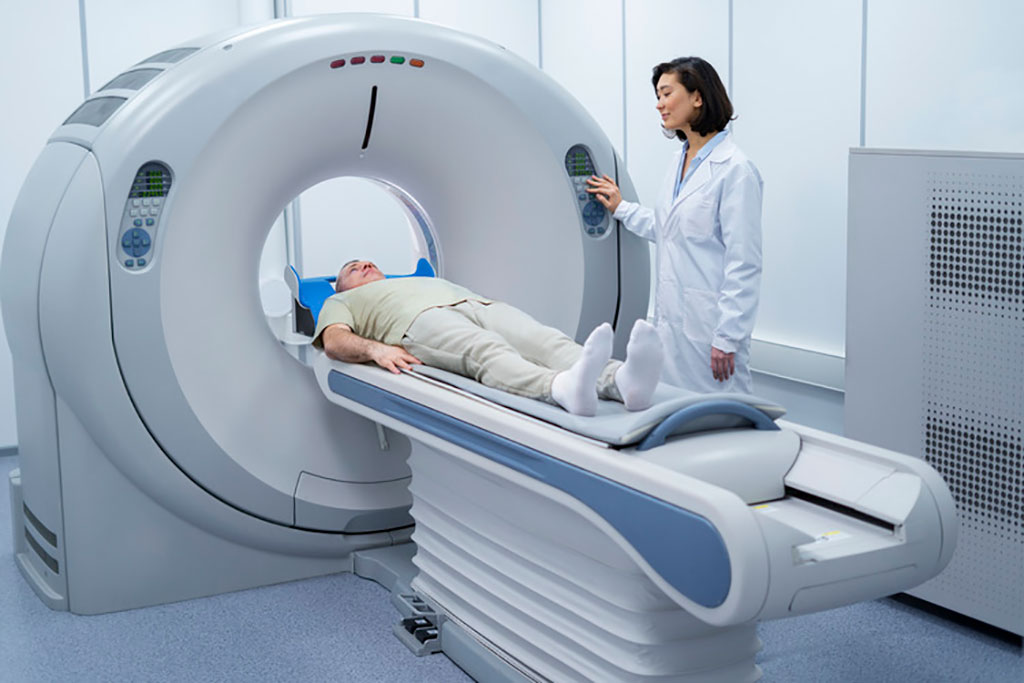AI Improves Prediction of Sudden Cardiac Death Using MRI Scans
Posted on 18 Jul 2023
Hypertrophic cardiomyopathy (HCM) is a genetic condition that causes the heart muscle to thicken abnormally, impacting its ability to effectively pump oxygenated blood throughout the body. HCM, while often asymptomatic, can lead to shortness of breath, arrhythmia, and sudden cardiac death. Typically, patients diagnosed with this condition are monitored for the presence of cardiac scar tissue, a significant risk factor for sudden cardiac death, using magnetic resonance imaging (MRI). A relatively new AI technology, radiomics, offers a quantitative approach to medical imaging, extracting more data from medical images to better understand diseases and predict patient outcomes. Now, a new study has found that radiomic data drawn from the MRI scans of HCM patients may aid in predicting arrhythmic events and potential sudden death.
The team of physician-researchers at Beth Israel Deaconess Medical Center (BIDMC, Boston, MA, USA) and Lahey Hospital & Medical Center (LHMC, Burlington, MA, USA) analyzed cardiac imaging data from 1,229 HCM patients treated at academic medical centers in Boston, Toronto, and Florence from 2003 to 2018. Each patient's risk of sudden cardiac death within five years was calculated using two existing risk score models that rely on clinical and imaging variables, including age, family history of sudden cardiac death, thickness of the heart wall, and scar tissue burden. Subsequently, the researchers used the patients' MRIs to generate scar tissue maps, extracting an extensive set of radiomic features, including 14 shape parameters and 930 texture features, resulting in 1,888 radiomic features representing the shape and texture of each patient's scar tissue map. These data were then used to develop new mathematical models for predicting sudden cardiac death probability.

Upon examining the patients' outcomes, the researchers found that 30 patients (2.4%) experienced a sudden cardiac death event within a follow-up period of up to 6.5 years. Incorporating radiomic features with clinical risk assessment scores significantly improved risk prediction, with one model correctly identifying 19 of the patients who experienced a sudden cardiac death event as high-risk. Furthermore, the analysis identified a significant prognostic radiomic feature for predicting sudden cardiac death risk - a texture feature of the scar tissue map. While further research is required, this discovery illustrates how radiomics can potentially reveal new biomarkers useful for monitoring patients with HCM and other conditions with minimal clinical signs and symptoms.
“Advances in imaging technologies and image analysis tools have allowed the investigation of novel features to predict the risk of sudden cardiac death in patients with HCM,” said Martin Maron, MD, Director of the Hypertrophic Cardiomyopathy Center at LHMC. “Our proof-of-concept study showed that radiomics analysis can add incremental prognostic value to current established risk prediction models, potentially saving lives.”














